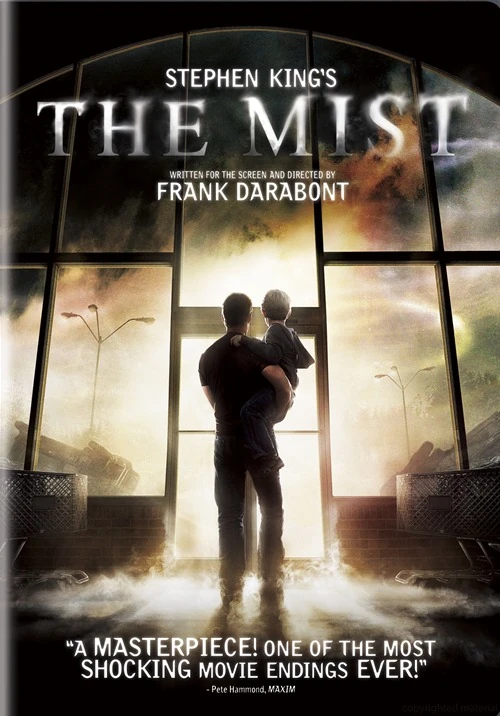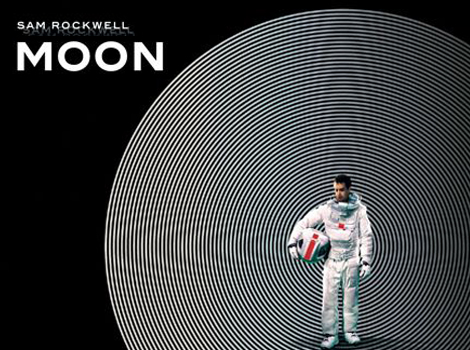 |
| The Jewish philosopher Martin Buber |
Buber divided relationships into two types: the first being the "I-It" relation. "I-It" relations are the relations between two things in the simply reductive physical and material sense. I have an "I-It" relationship with the keyboard I am typing on since it helps me create words to send to others or to communicate messages. The characteristic of "I-It" relations are that they consist of discrete boundaries. The relationship between myself and my keyboard goes no further than the utility it brings to me as a device capable of disseminating information.
Many of our own relationships with others can often reduce themselves to "I-It". We think of the mailman merely in terms of utility, as a being much like my keyboard, who gives me something I want. Of course, in that sense, an "I-It" relation is unavoidable, the usefulness of others' work to ourselves is not a factor of human relations to be condemned at all. However, it often occurs that "I-It" relations pervade into every aspect of our lives. We think of a friend merely in terms of utility, for what he or she does for me. A friend becomes nothing more than a tool we use to make ourselves better. This is of course where relationships often fail us.
In contrast, the other class of relations is known as "I-Thou" for Buber. These relations are spiritual in nature, they are not reductive, and they think nothing of the utility of the thing I am entering into a relation with. They also do not see the other as something being defined by strict, discrete boundaries. The two best relationships to example this in are the relationships between God and person as well as between person and person. In terms of God, it is common to see people on both sides of the divide between skepticism and belief reduce God to a mere intellectual concept or believe that they have complete understanding of what God is. To these folks, the relation between God and man has become "I-It" rather than "I-Thou" and to them, we must reply: Can we ever exhaust the subject of the transcendent? Can we ever fully understand what God is in a few sentences? This does not mean of course we are prohibited from making statements about God, but what it does mean is that we cannot think of God as reducible to a sentence or think of the relationship of the human being to the divine as merely a one-stop shop.
But aside from the religious concern of the "I-Thou" relation, there is the profound value of looking at ordinary objects or other persons in light of the "I-Thou" idea, particularly the latter. As I mentioned above, we often think about the other in terms of an It. In terms of what they can or cannot do for me, or merely what their use is as people. We think of the mailman as simply a mailman rather than as an actual human being. We think of a friend purely in terms of what the friend can do for me. This is limiting us to "I-It" relations.
We have to learn to think of others not as things with discrete boundaries or a specific utility or of a specific description, but as beings that are in a few words: dynamic, mysterious, miraculous, and even beautiful. As we engage them deeper, we uncover more about them, we learn more, and we grow deeper in touch with them as beings. The relation is thus dialectical in a true "I-Thou" relation, we continually learn and grow more in the engagement with the other. And in the course of that, the other grows alongside through the relationship.
But it does not (and should not) stop at merely relationships with other persons. We should look at everything through the "I-Thou" lens. Even the most mundane objects can be things of great value in the eye of the beholder, if the beholder is willing to commit to understanding it better. That is why for the great artists, poets, and musicians, a tree or a rock or a bedroom can become a place of a value greater than merely a physical object or locale.
I think no one talks about this way of looking at the world better than the Christian author CS Lewis. In The Abolition of Man, Lewis remarks that if we see through everything, we in effect see nothing. If we start reducing everything down and seeing everything as static and innate as opposed to dynamic and intrinsically wonderous, we lose our vision of the good, the true, and the beautiful. To put it back in Buber's terms, if we see things merely in terms of "I-It" rather than "I-Thou", we lose all the elements of wonder, love, and beauty that color our world. As something of a Kantian thinker, I believe we color many aspects of our own reality. Therefore, the way we perceive affects the way we see. In order to see our world and others properly, we have to learn to think of them as "Thou"'s as opposed to "I"s.
Perhaps returning more to the main focus of human relations, we not only desensitize ourselves to others through our daily lives but also through the ideologies of our time. We are still very much in the grip of "Me Generation" thinking. We still think of things merely in the impact it has on us. The self is the center of the social universe, in this view. However, this way of looking at the world is clearly destructive. The self is half of any relationship and the self derives his/her meanings from the relationships it has from other things. We have to learn to decentralize ourselves and learn to see all people as being the subjects of a dialectical process of understanding, one that values others for the sake of the other and which passes beyond the reductive "I-It" relation.
We also must learn to see people as "Thou"s in the sense that they cannot easily be put into boxes or reduced down to a few descriptors. All hatred and many a corrosive world view from racism and various forms of prejudice to simple devaluing of the people in our lives functions on putting people into clearly defined boxes with discrete boundaries. Human persons should not be described this way: they should be thought of instead as not being strictly demarcated by easy descriptors, as having a flare and a spark all their own and as being complex and dynamic beings with equal parts mystery, wonder, and beauty.
When we begin to look at ourselves, others, and the world in this way, there can be no end to our appreciation of the people in our lives and the beauty we have on this blue marble we call Earth.




